Skip to content
Group Members
 Karen Alim, Group Leader
Karen Alim, Group Leader
 Swarnavo Basu, Ph.D. Student
Swarnavo Basu, Ph.D. Student
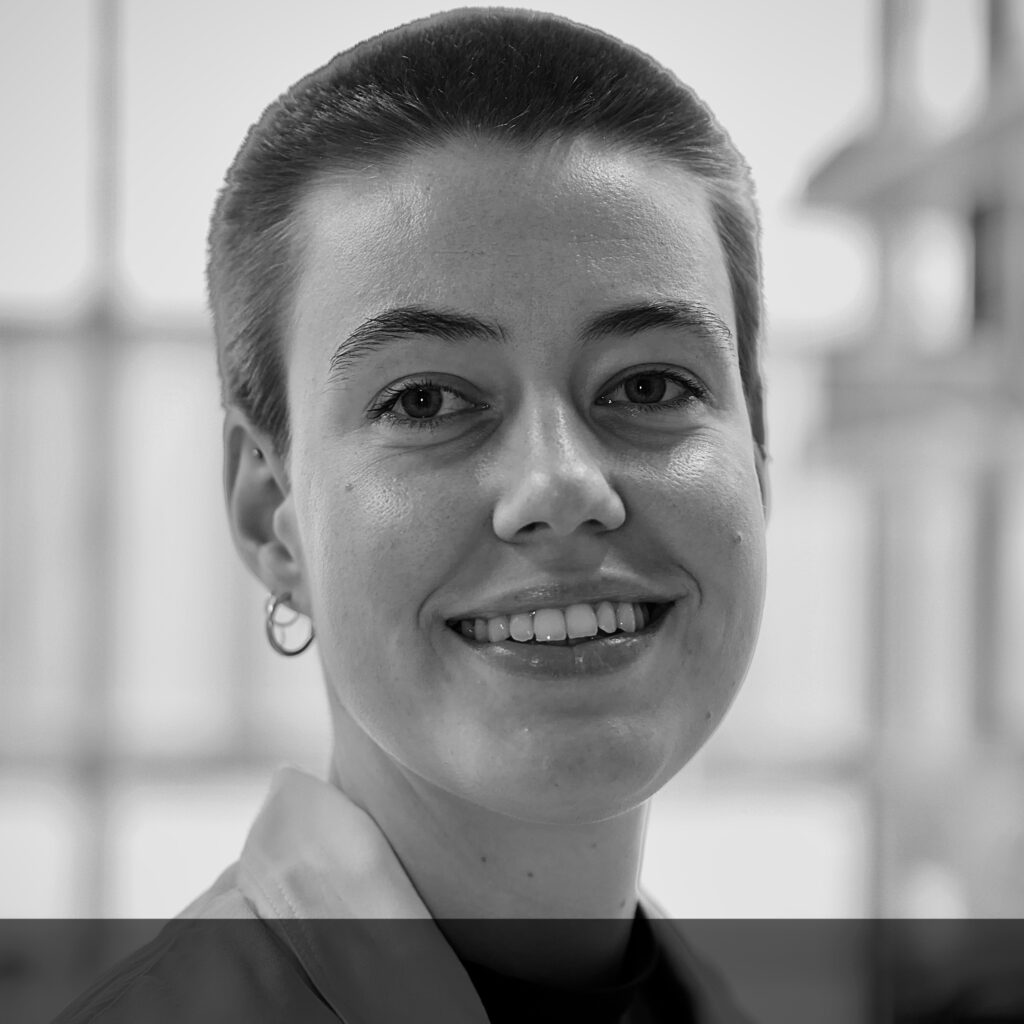 Nora Deiringer, Master’s Student
Nora Deiringer, Master’s Student
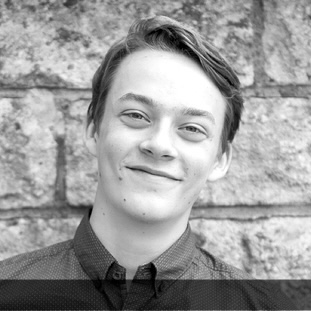 Fabian Henn, Master’s Student
Fabian Henn, Master’s Student
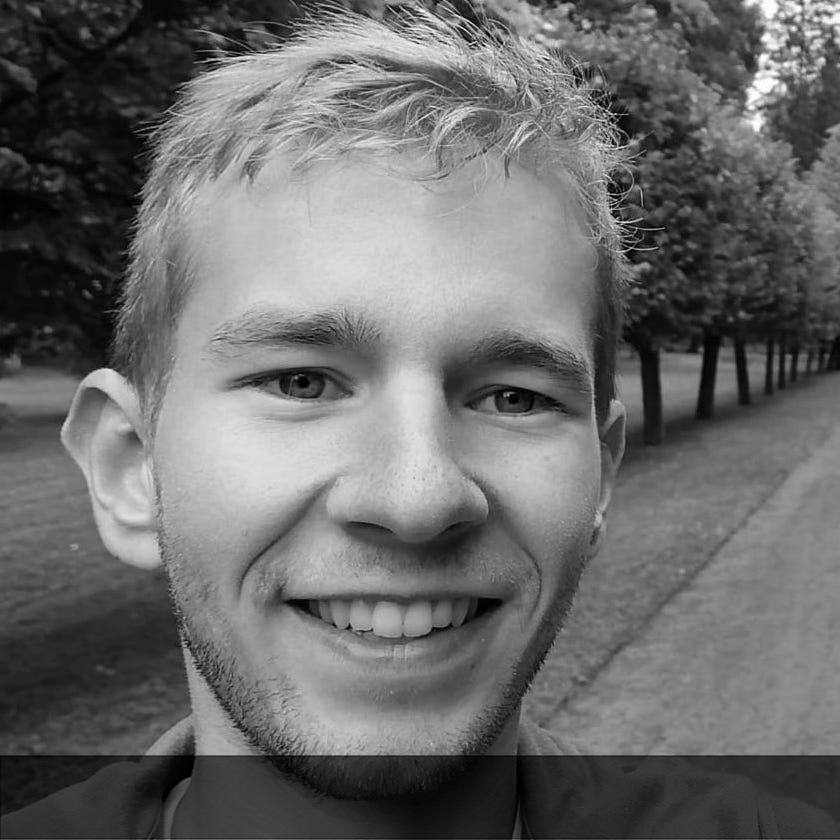 Mathias Höfler, Ph.D. Student
Mathias Höfler, Ph.D. Student
 Jan Jedryszek, Ph.D. Student
Jan Jedryszek, Ph.D. Student
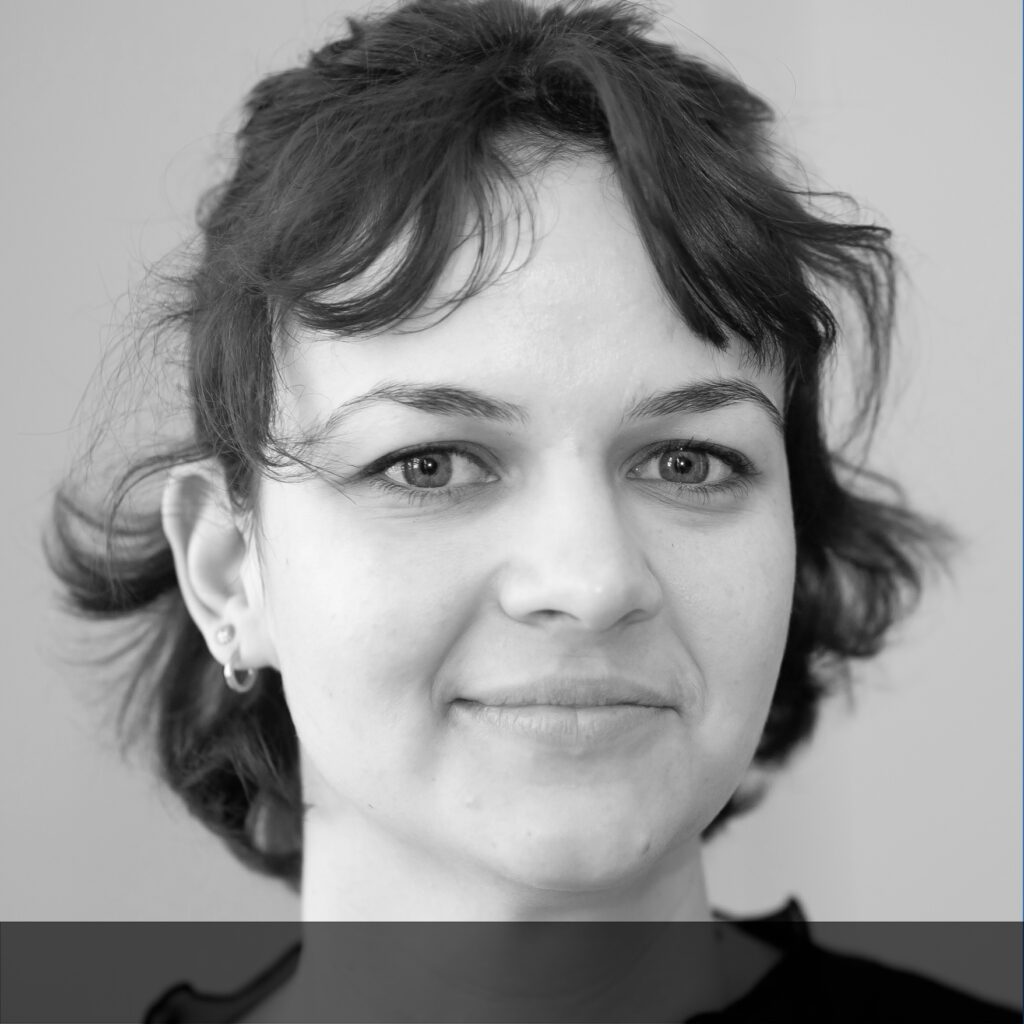 Leonie Karr, Ph.D. Student
Leonie Karr, Ph.D. Student
 Thomas Kunzendorf, master’s student
Thomas Kunzendorf, master’s student
 Mathieu Le Verge-Serandour, Post-Doc
Mathieu Le Verge-Serandour, Post-Doc
 Diana Lenski, Ph.D. Student
Diana Lenski, Ph.D. Student
 Mona Michelsen, Ph.D. Student
Mona Michelsen, Ph.D. Student
 Evelyn Packeiser, Lab Technician
Evelyn Packeiser, Lab Technician
 Lisa Schick, Ph.D. Student
Lisa Schick, Ph.D. Student
 Susanne Tillich, Assistant
Susanne Tillich, Assistant
 Johnny Tong, Ph.D. Student
Johnny Tong, Ph.D. Student
 Lucas Tröger, Ph.D. Student
Lucas Tröger, Ph.D. Student
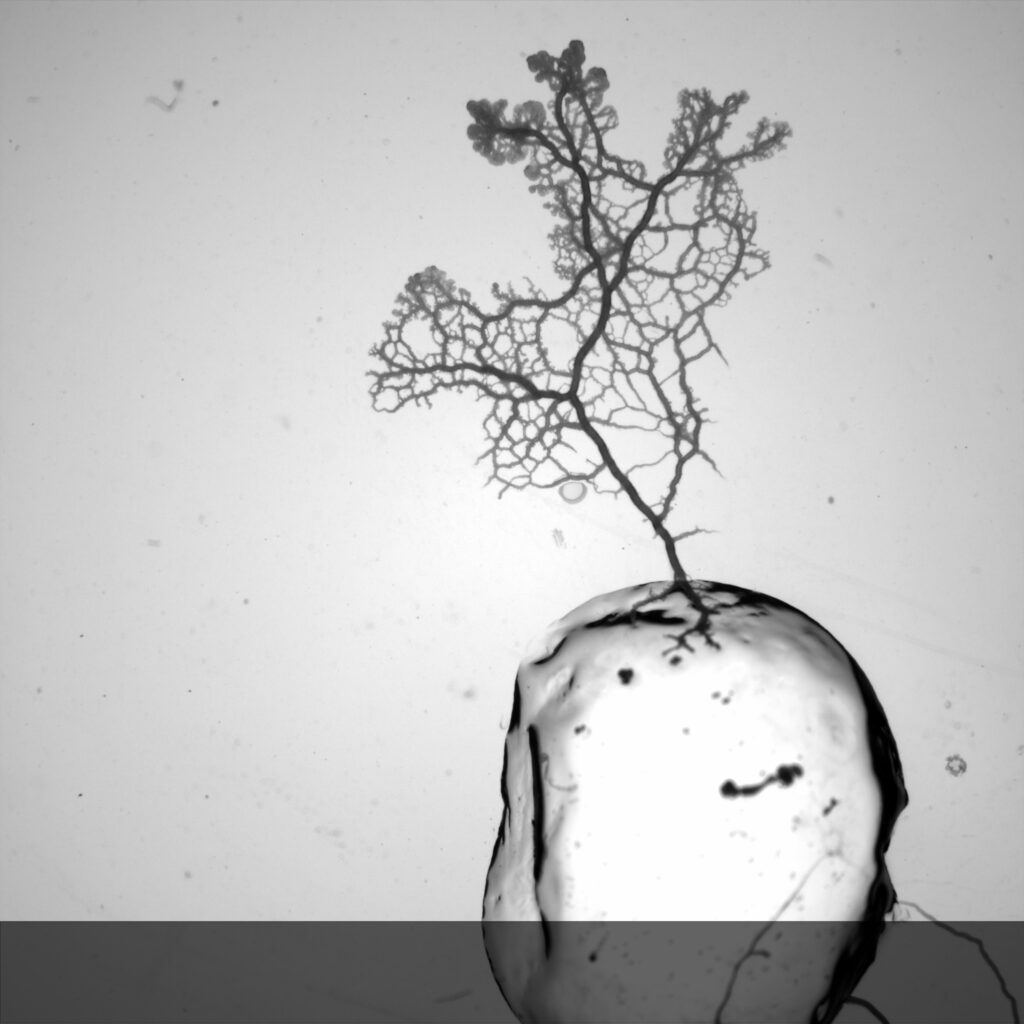 Alumni
Alumni












































